
The following funding opportunities have been announced. Please follow the links for more information:
Innovate UK
Analytical technologies for pharmaceuticals
Innovate UK is to invest up to £4 million in collaborative R&D projects to address the UK’s need for improved analytical technologies that support the development of current and next generation biopharmaceutical products.
The aim of this competition is to advance the industry by addressing sector-specific challenges relating to analytical technologies for testing and characterising biopharmaceutical products and monitoring processes, as well as the supporting informatics tools.
Max Award: £500,000 to £1.5 million Deadline: 14 October for registration, 21 October 2015 for EOI
Brazil-UK collaborative industrial research & development competition
Innovate UK and SENAI (the National Service for Industrial Training) of Brazil are to invest up to £3.4 million in collaborative industrial R&D projects that propose new commercial solutions to critical challenges impacting the socio-economic growth and development of Brazil in relation to its energy, water, and waste management.
Max Award: Total funding up to £3.4 million Deadline: 7 December 2015
RCUK – CONACYT
Research Partnerships – UK & Mexico
This initiative will provide funding for transformative and high-quality collaborative research projects which address the following topics:
- Nutrition and Health
- Inclusive, accountable and secure society
- Instrumentation Development for Applications in Big Science
The objective is to deliver significant research funding for internationally competitive and innovative collaborative projects between researchers from Mexico and the UK that will allow the pursuit of shared research interests.
Max Award: Unspecified for up to 5 years Deadline: 23 October 2015 for Intentions to Submit, 24 November 2015 for full submission
BBSRC
BBSRC & State of Sao Paulo Research Foundation – Joint Call in advanced biofuels
This call aims to advance the excellent scientific relationships developed between UK and Brazilian scientists and encourage new partnerships to develop integrated biorefinery approaches for the manufacture of advanced biofuels, producing industrially relevant scientific outputs which can be taken up by a global industry.
Max Award: Unspecified for up to 5 years Deadline: 26 October 2015 for Intention to Submit and 19 November 2015 for full submission
Resilience of the UK food systems in a global context
The programme will integrate biological, environmental and social sciences to support interdisciplinary projects addressing one or more of the following key themes:
- Optimising the productivity, resilience and sustainability of agricultural systems and landscapes
- Optimising resilience of food supply chains both locally and globally
- Influencing food choice for health, sustainability and resilience at the individual and household level.
Max Award: Unspecified for up to 5 years, total of £14million Deadline: 27 October 2015
Standard follow-on funding
The Follow-on funding programme is designed to support the translation of fundamental research funded by us into practical application, including commercialisation. The aim of the programme is to help researchers maximise the societal and economic benefits of their research.
This programme is a proof-of-concept model where further work on an idea will take it through to the stage at which the route to application is clear, which may include a spin-out or licensing opportunity.
Max Award: £250,000 for 12 – 18 months Deadline: 11 November 2015
International workshops scheme
This call makes around 8 awards each year for a workshop to be held overseas or in the UK. The aims are:
- To stimulate joint working in topics important to BBSRC’s strategy
- To match numbers of scientists from the UK with other countries to identify areas of commonality and explore the potential for international collaboration
- To receive applications involving collaborations with any other country, although the US, Canada, Brazil, EU member states, Japan, China, India Australia and New Zealand are particularly encouraged.
Max Award: £10,000 Deadline: 12 November 2015
NERC
NERC & State of Sao Paulo Research Foundation – Sustainable gas futures
This call is supported by the UK through the Newton Fund which forms part of the UK government’s Official Development Assistance (ODA) commitment. The AO/CFP is only open to joint UK-Brazil applications. NERC will provide up to £1m of funding (80% FEC) to eligible UK-based researchers and São Paulo partner organizations will match this with equivalent research effort to eligible researchers associated with research institutions in the State of São Paulo.
Max Award: Up to £80,000 Deadline: 10 November 2015
Advanced training short courses initiative
This call invites proposals offering training in a variety of forms that fall both within the NERC science remit as well as addressing one or more of the Priority Training Areas contained within the ATSC Announcement of Opportunity document. Training must prioritise NERC-funded PhD students or develop the skills of environmental sciences early career researchers (working within academic and/or non-academic settings) for future careers in research and other contexts.
Max Award: £20,000 – £50,000 Deadline: 12 November 2015
Soil security research fellowship awards
The overarching aim of the Soil Security programme is to advance understanding of the ability of soils to adapt to perturbations. It will do this by building an integrated and predictive understanding of the multiple functions of soil. This will improve forecasts of the soil system’s response to changes in climate, vegetation or land management at scales of analysis that match the scale of decision making.Max
Max Award: Up to £2 million Deadline: 3 December 2015
Wellcome Trust
Senior Research Fellowships in Basic Biomedical Science
This scheme provides support for outstanding postdoctoral scientists based in academic institutions in the UK and Republic of Ireland.
Max Award: Covers basic salary, research expenses and specified other costs for up to 5 years Deadline: 8 December for preliminary application, 26 February 2016 for full submission
Senior Research Fellowships in Clinical Science
These Fellowships provide support for clinical academics with exceptional ability and outstanding promise to further develop their research potential.
Max Award: Covers basic salary, research expenses and specified other costs for up to 5 years Deadline: 8 December for preliminary application, 26 February 2016 for full submission
EUREKA, EU
Eureka Innovation Award
Each project nomination must target one specific category:
- Competitiveness: for projects where more than one partner has substantially improved their position vis à vis their direct competitors with the help of a EUREKA project.
- Added value: for projects, where more than one partner has yielded substantial growth in productivity, turnover and increase in the number of employees from the exploitation of the results of a EUREKA project.
- Innovators of tomorrow: for projects which have successfully implemented a promising new and disruptive technology or concept with a clear economic, societal and environmental impact compared to existing solutions.
Max Award: First prize in each category: 6000 euros and pan-European promotion package of 10,000 euros Deadline: 15 October 2015
Directorate-General for Climate Action, EU
The objective of the study is to undertake a fact-finding exercise to examine whether there is any conclusive evidence of carbon leakage occurring in phase III of the EU ETS as a result of pricing carbon. This is important in the current context: work is ongoing in preparation for the revision of the Directive 2003/87/EC of the European Parliament and of the Council as regards post-2020 provisions. A Commission proposal for the revision has been presented in July 2015 and one of the main elements of the future system will be establishing measures to address the risk of carbon leakage.
Max Award: 250,000 – 300,000 euros Deadline: 26 October 2015
ERANID & ERA-Net, EU
Understanding Drug Use Pathways
A first Joint call was launched on 15 September 2015 and aims at funding multidisciplinary transnational research in “Understanding drug use pathways”. The content of this call reflects the findings of a large programme of work to identify common research priorities for illicit drugs in Europe that resulted in a Strategic Research Agenda. The call encourages research that will provide a better understanding of the processes underlying the dynamics of drug use pathways and transitions between types of drug use.
Max Award: Total funding 4 million euros Deadline: 24 November 2015
European Agency for Safety & Health at Work, EU
Eusebio Rial-Gonzalez Innovation & Practice Award in Occupational Health Psychology
The European Academy of Occupational Health Psychology, in collaboration with European Agency for Safety and Health at Work, invites applications for their Eusebio Rial-Gonzalez innovation and practice award in occupational health psychology. This aims to award contributions to the field of occupational health psychology.
Max Award: Not specified Deadline: 1 February 2016
Bill & Melinda Gates Foundation, US
Explore new ways to measure delivery & use of digital financial services data
Develop an innovative analytics or data capture solution to improve the delivery and use of digital financial services in developing countries. The focus of this call is on solutions that are relevant to commercial strategies and likely to make large improvements in performance outcomes for commercial deployments.
Max Award: USD100,000 for Phase I projects, up to USD1 million for Phase II projects Deadline: 11 November 2015
Please note that some funders specify a time for submission as well as a date. Please confirm this with your RKEO Funding Development Officer
You can set up your own personalised alerts on Research Professional. If you need help setting these up, just ask your School’s/Faculty’s Funding Development Officer in RKEO or view the recent blog post here.
If thinking of applying, why not add notification of your interest on Research Professional’s record of the bid so that BU colleagues can see your intention to bid and contact you to collaborate.

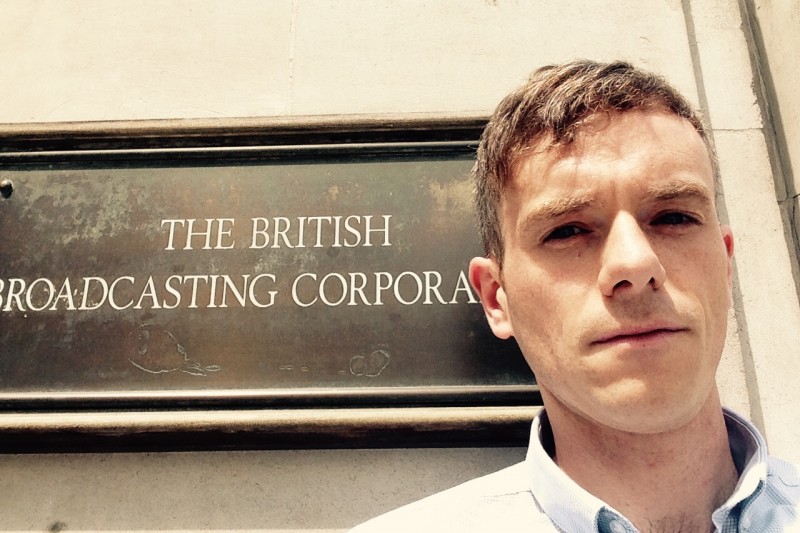
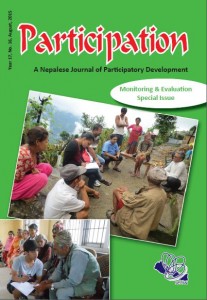

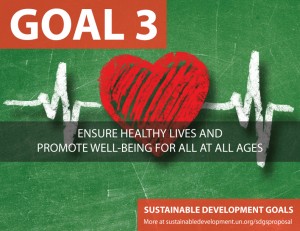
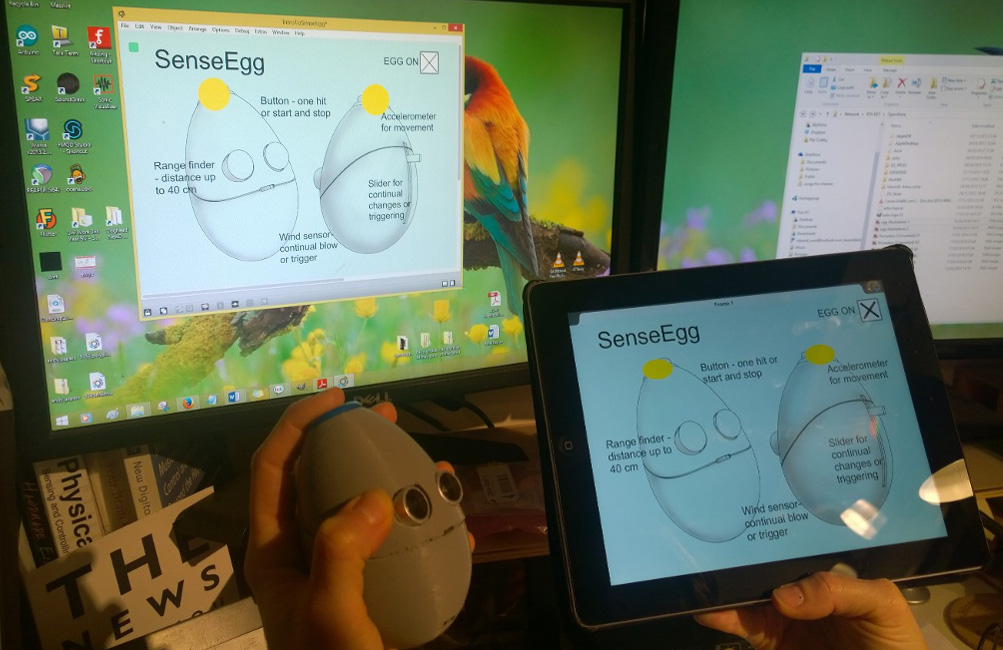

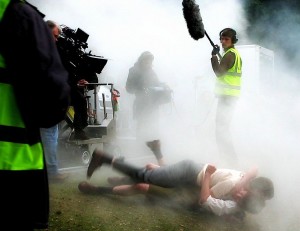
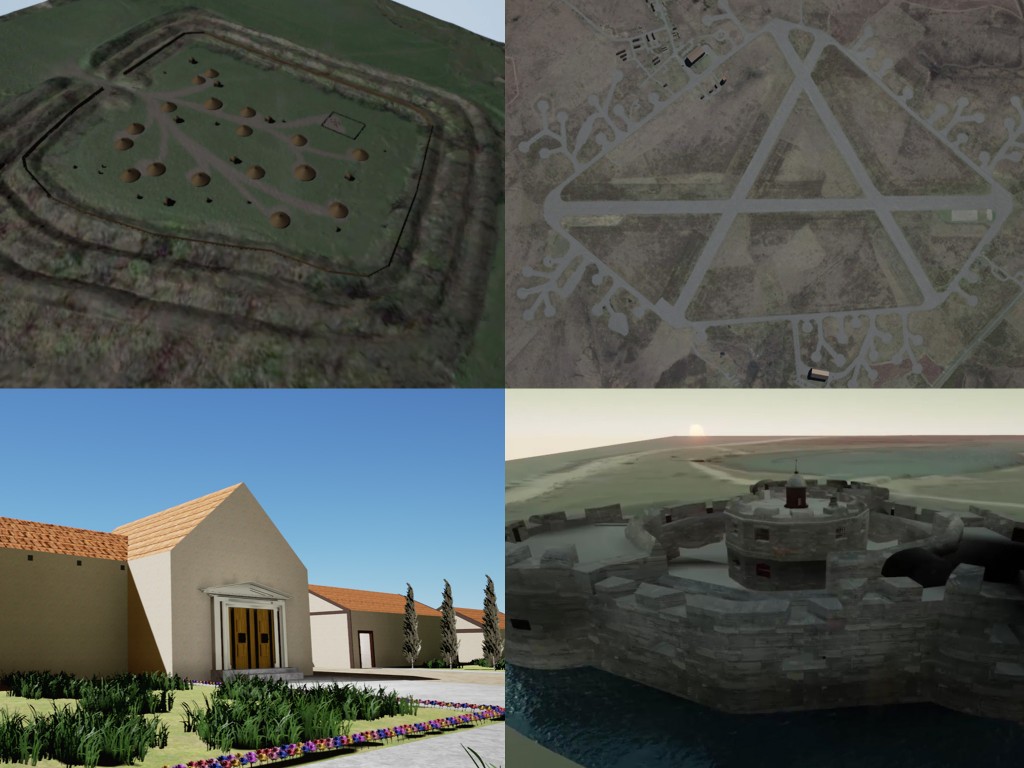


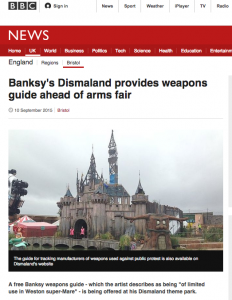 Everyday, around the world, law enforcement officers use tear gas, stun grenades, rubber bullets and other riot control weapons on civilians. While these devices are marketed as safe and humane ‘less lethal’ weapons, they regularly cause injuries and even deaths.
Everyday, around the world, law enforcement officers use tear gas, stun grenades, rubber bullets and other riot control weapons on civilians. While these devices are marketed as safe and humane ‘less lethal’ weapons, they regularly cause injuries and even deaths.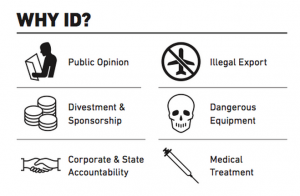 riot control weapons is largely predicated on their appropriate use, following strict, clinically trailed guidelines. Last week marked the 25th anniversary of the
riot control weapons is largely predicated on their appropriate use, following strict, clinically trailed guidelines. Last week marked the 25th anniversary of the abuses, and identify the manufacturer and country of origin of these devices. It aims to help close the gap between how police are advised to use these weapons and how they are used in reality in ways that cause danger to civilians.
abuses, and identify the manufacturer and country of origin of these devices. It aims to help close the gap between how police are advised to use these weapons and how they are used in reality in ways that cause danger to civilians.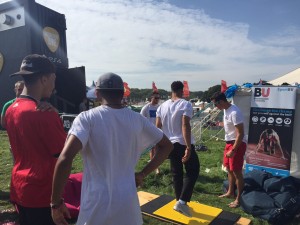
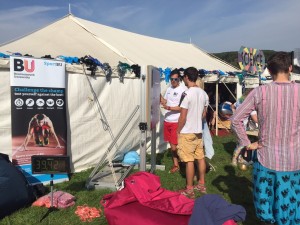 it were brilliant for public engagement as it allowed people to test themselves as an individual, as well as giving them the opportunity to compete against their friends. This added level of competition encouraged hundreds of people come and test their abilities, as well as giving them the chance to win some highly sought after BU merchandise.
it were brilliant for public engagement as it allowed people to test themselves as an individual, as well as giving them the opportunity to compete against their friends. This added level of competition encouraged hundreds of people come and test their abilities, as well as giving them the chance to win some highly sought after BU merchandise.
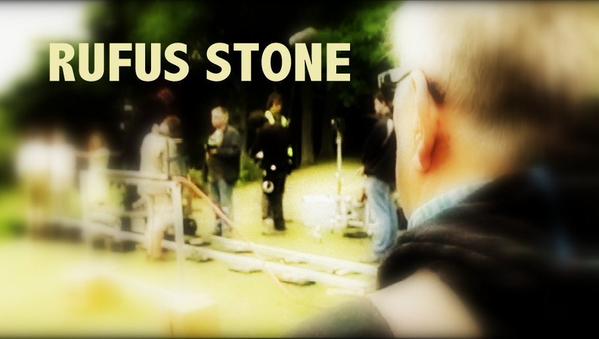
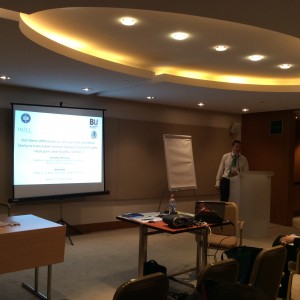


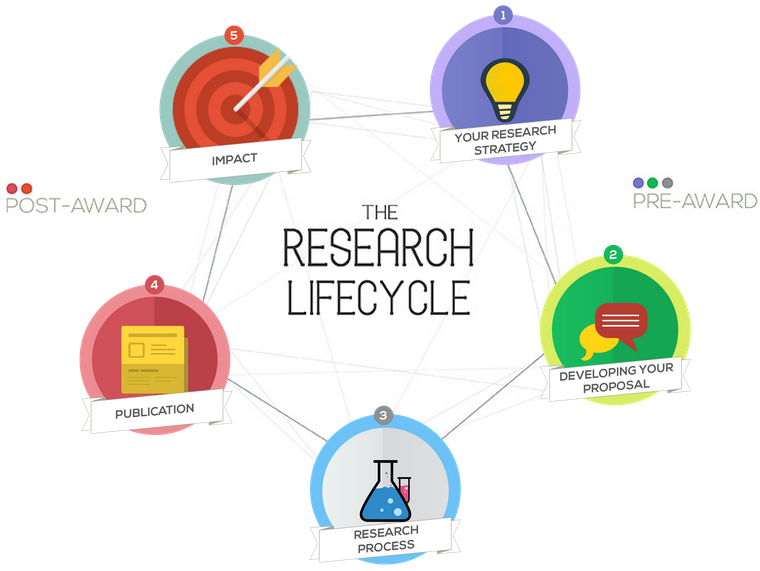
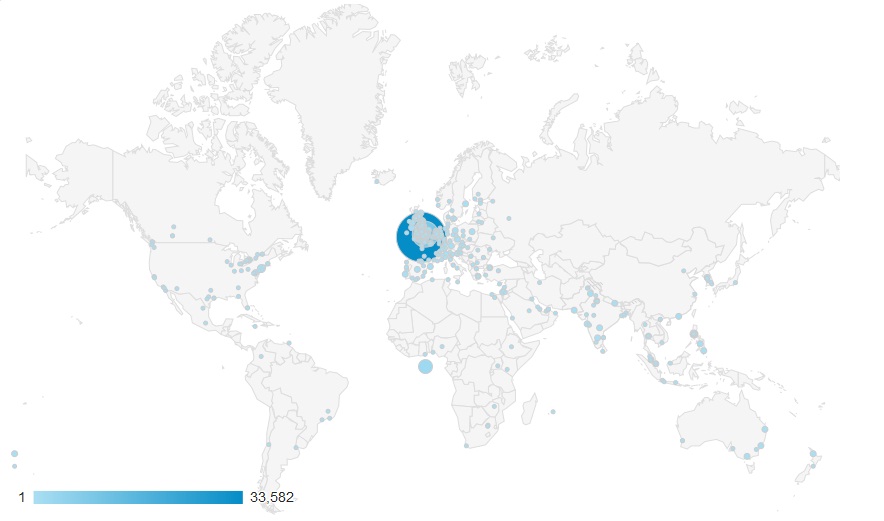












 BU Professor has been invited to a series of plenary and invited lectures.
BU Professor has been invited to a series of plenary and invited lectures. Research reaching non-academic audiences
Research reaching non-academic audiences April’s Café Scientifique – Should we help machines understand and respond to our emotions?
April’s Café Scientifique – Should we help machines understand and respond to our emotions? Postgraduate Research Experience Survey (PRES) 2024 – 2 WEEKS LEFT
Postgraduate Research Experience Survey (PRES) 2024 – 2 WEEKS LEFT Working with The Conversation: online training session – Wednesday 8th May
Working with The Conversation: online training session – Wednesday 8th May Apply for up to £1,000 to deliver an event and take part in a national festival of public engagement with research
Apply for up to £1,000 to deliver an event and take part in a national festival of public engagement with research MSCA Postdoctoral Fellowships 2024
MSCA Postdoctoral Fellowships 2024 Horizon Europe News – December 2023
Horizon Europe News – December 2023